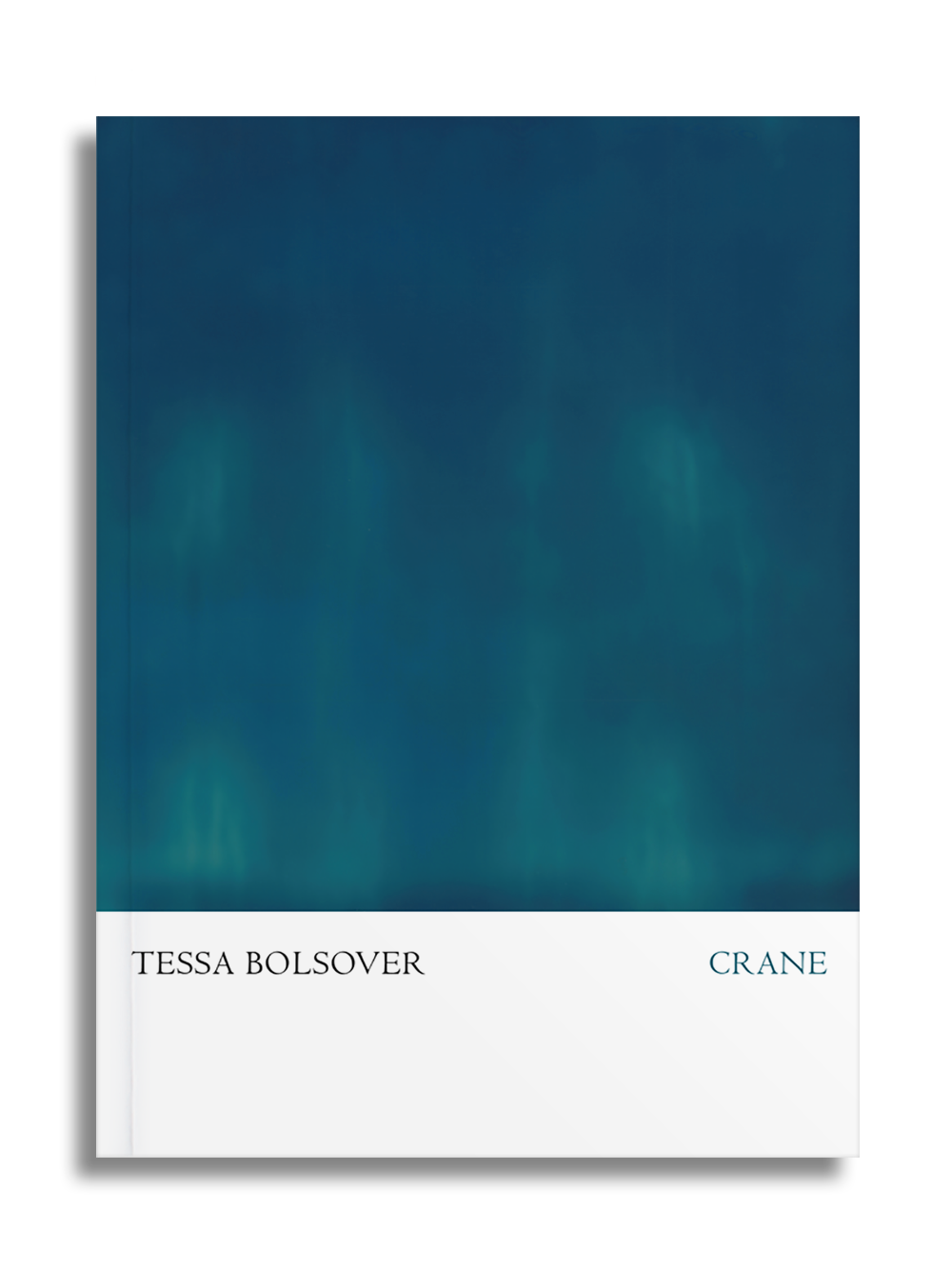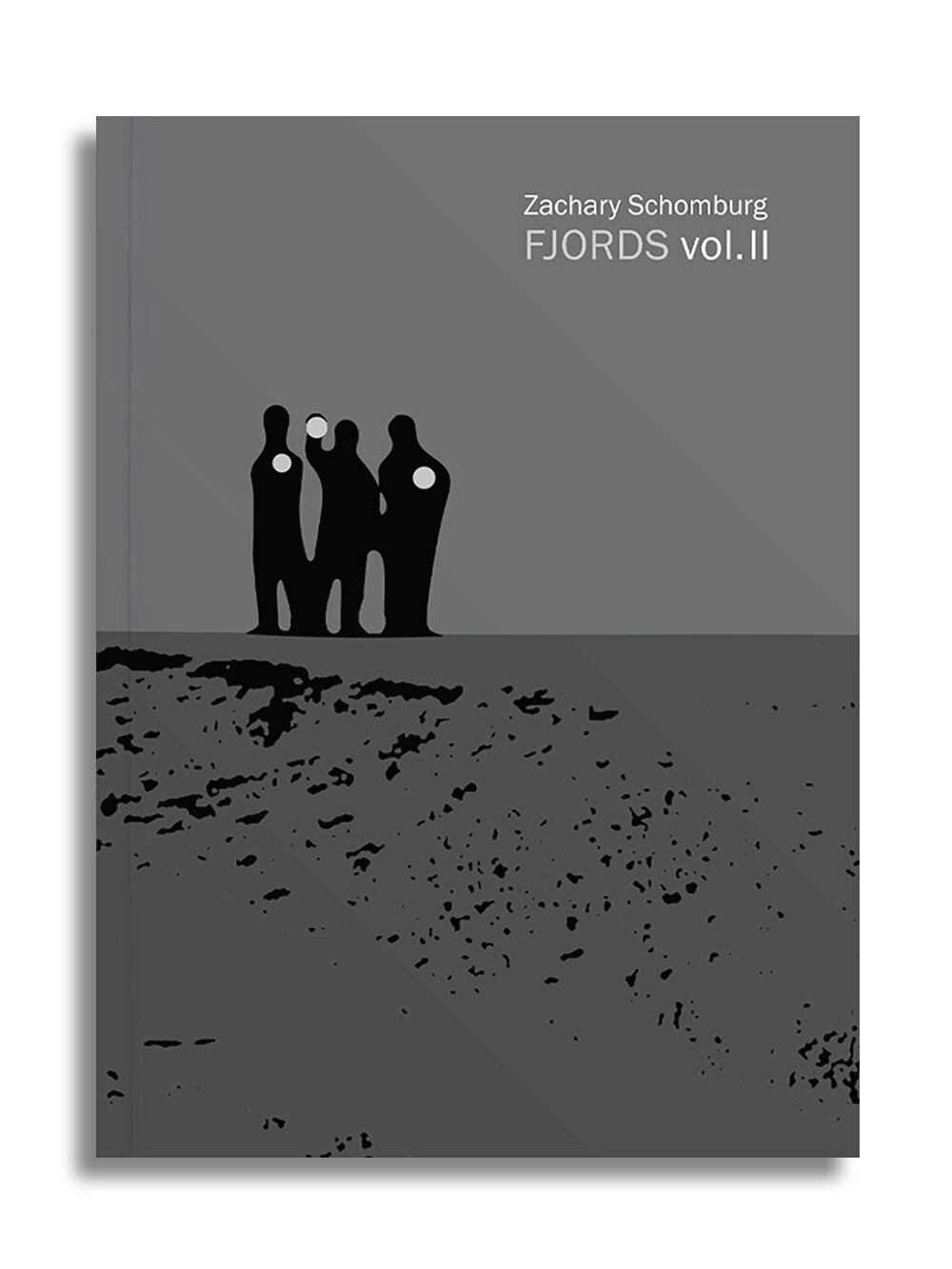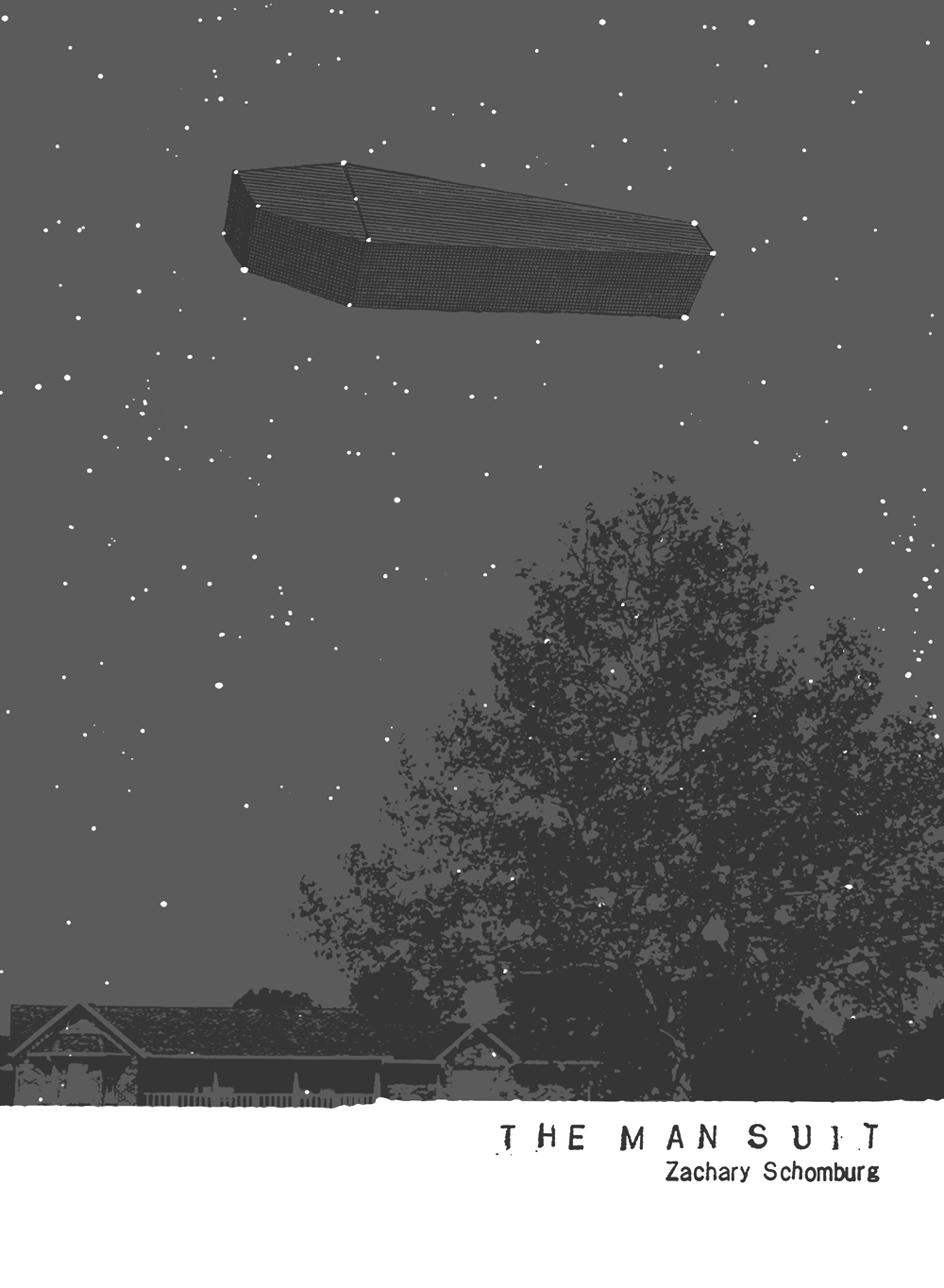Crane
Crane
by Tessa Bolsover
Paperback / 96p. / Poetry
ISBN 978-1965154-03-8
Through interweaving prose and verse, Crane resurrects two figures from myth: Cardea, goddess of hinges, and Echo, the nymph transformed into reflective sound. Moving between intimate narratives and meditations on language and desire, these poems explore thresholds of all kinds—between speech and silence, presence and absence, meaning and its dissolution. Crane is both elegy and revelation, examining how we navigate spaces of loss and transformation in a precarious world.
“Each word, each name in Crane strikes a balance between the art of divination and the heresy of uncertainty. Moving in mid-air, suspending names across shadow wires thrown open to light, the poet steps out into thin air with poise and precision, discovering in the resonance of allusive echoes a singular shimmering radiance.”
“The title too takes flight: Bolsover’s Crane reimagines myth in the poetics of the hinge, shifting selves, desire and loss, a lyric encounter with the limn of transformation. I love its investigative impulses and how it journeys in essayistic and verse forms. A necessary delving that traces experiences in language, endurance, and fragments. Staggering, smart, and powerful.”
“Crane is a chorus of dynamic, singing calendars that are both written and ridden at the threshold to arrive at the holy instant of suspension. Crane’s pilgrimage seeks the mutable aura of language via the porosity of myth as a relational mechanism held in a communal diaphragm, in the instant of delay, of synchronous lucidity. The reader dissolves, re-adheres, and pours back into our multivocal mouth, ‘rearranged by wind.’”
“Crane reveals poetry’s palpable design upon us through its intricate exploration of intersections—or hinges—between beings (human, animal, mythical), between epochs, sequences, genres, teachers and protégés, and the hidden, subterranean realms that underlie our material world. Bolsover’s work creates a space where urban time (commuter time) collides with an older, slower rhythm of time measured by natural phenomena. Her poems resonate with echoic language that shapes not just space but also our understanding of connection, possibility, and the fragile yet profound relationship between worlds often perceived as separate. What moves me most is how Crane endows its readers with the power of poetry itself—an invitation to see the unseen, to map out lush and abundant meanings even in the face of chronic political despair. This is a seemingly quiet, elegant book that understands civic poetry as a call to action—a call to restore imagination as an essential force for envisioning and creating a better shared future.”







